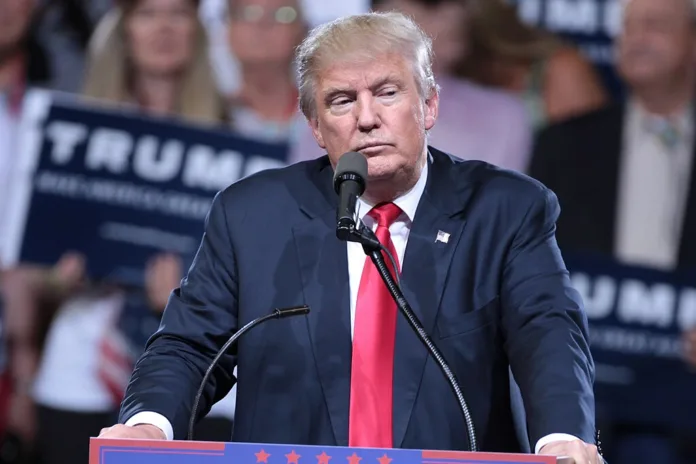Israel and Hamas end day one of indirect peace talks in Egypt with cautious optimism and tension
The first day of indirect peace talks between Israel and Hamas ended on what negotiators described as a “positive” note in Egypt, raising hopes of a potential breakthrough after two years of relentless conflict in Gaza. The discussions, held in the Red Sea resort of Sharm el-Sheikh on Monday, focused on implementing United States President Donald Trump’s 20-point plan to end the war and secure the release of hostages held in Gaza.
Sources familiar with the negotiations told Al Jazeera that both sides made progress, agreeing on a roadmap for how the next phase of talks would continue. Mediators from Egypt, the United States, and Qatar were present, as delegates prepared to resume discussions on Tuesday.
The Hamas delegation, led by Khalil al-Hayya and Zaher Jabarin, reportedly warned that Israel’s continued bombardment of Gaza could jeopardise the process. Both negotiators survived an Israeli assassination attempt in Doha last month that killed five people. According to Egypt’s state-linked Al-Qahera News, Monday’s agenda centred on three urgent priorities: prisoner and hostage exchanges, a full ceasefire, and humanitarian aid corridors into Gaza.
Embed from Getty Images
White House press secretary Karoline Leavitt confirmed that President Trump had ordered his team to prioritise the hostage-prisoner exchange as the first step toward a wider peace framework. “The technical teams are discussing that as we speak,” she said, adding that experts were reviewing the lists of Israeli hostages and Palestinian prisoners slated for release.
Speaking to reporters later from the Oval Office, Trump said he was encouraged by early signs of progress but cautioned that negotiations could still collapse if either side backtracked. “We have a really good chance of making a deal,” he said. “I think Hamas has been agreeing to things that are very important. But I still have my red lines.”
Trump’s peace proposal, backed by Arab and Turkish mediators, envisions phased Israeli troop withdrawals, the creation of a security buffer zone, and the formation of an international body to administer Gaza during a transitional period. His special envoy, Steve Witkoff, is leading the US delegation alongside Jared Kushner, Trump’s son-in-law and former senior adviser.
In Washington, Al Jazeera’s Rosiland Jordan reported that Trump had been “characteristically upbeat” in his assessment, praising both Arab and Israeli cooperation and crediting his own diplomatic team for maintaining momentum. However, she noted that he had not disclosed any concrete details about concessions made by either side.
Despite the cautiously optimistic tone, the situation in Gaza remained dire. Even as the talks were taking place, Israeli air strikes continued across the enclave, killing at least 10 Palestinians, including three people who had been queuing for humanitarian aid, according to Al Jazeera’s local sources. The Gaza Health Ministry said more than 67,000 Palestinians have been killed and 169,000 wounded since the conflict began, while the United Nations and multiple rights groups have accused Israel of waging a campaign amounting to genocide.
The talks coincided with the second anniversary of Hamas’s 7 October 2023 attack on Israel, in which 1,139 people were killed and around 200 taken captive. Israeli Prime Minister Benjamin Netanyahu has said that any peace deal must ensure the unconditional release of hostages and the total dismantling of Hamas’s military infrastructure.
UN Secretary-General Antonio Guterres marked the anniversary with a statement describing Hamas’s 2023 assault as “abhorrent” but urging all sides to seize the chance for peace presented by Trump’s plan. “A permanent ceasefire and a credible political process are essential to prevent further bloodshed,” he said.
While the atmosphere in Sharm el-Sheikh was cautiously hopeful, diplomats privately warned that optimism could evaporate quickly if either side refuses to compromise. For now, the fact that both delegations are willing to continue talking is being treated as a rare sign of progress in a war that has shattered Gaza and destabilised the wider region.
